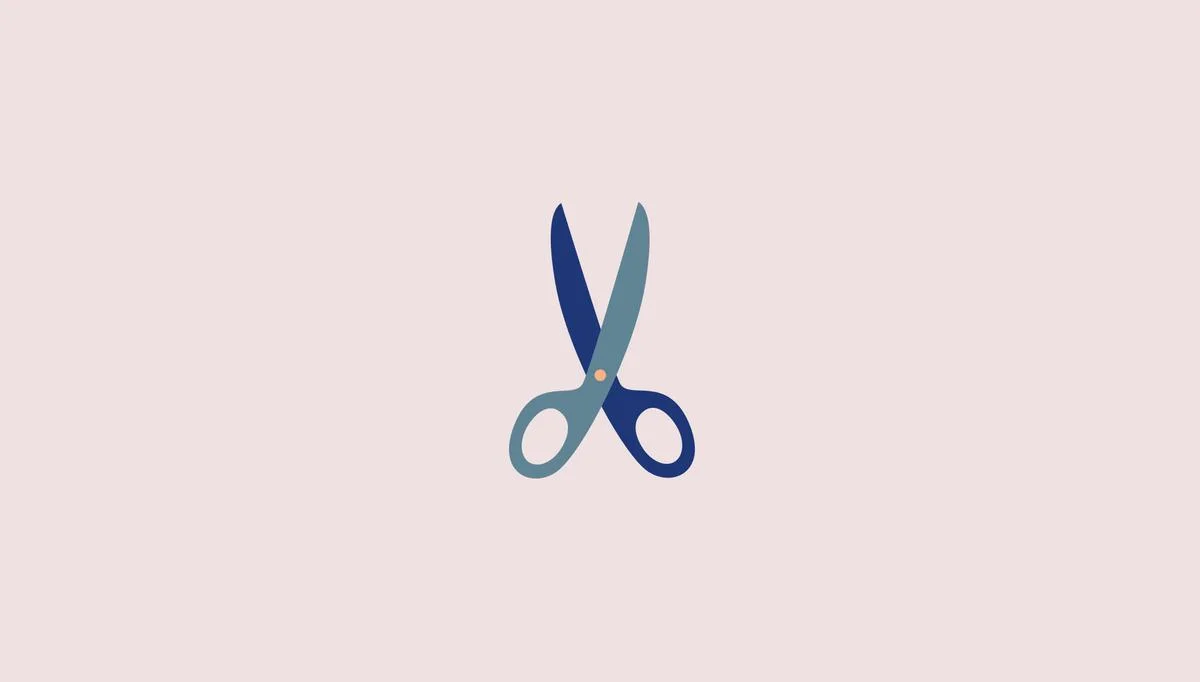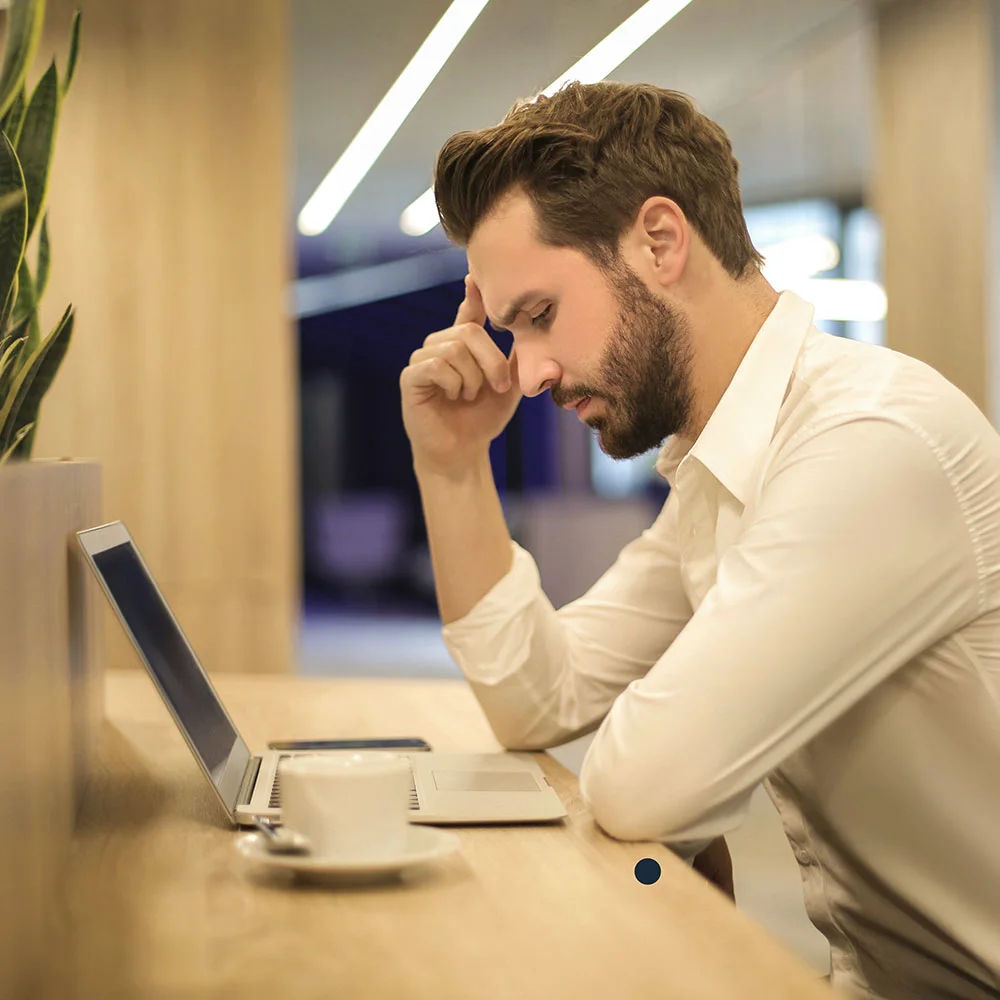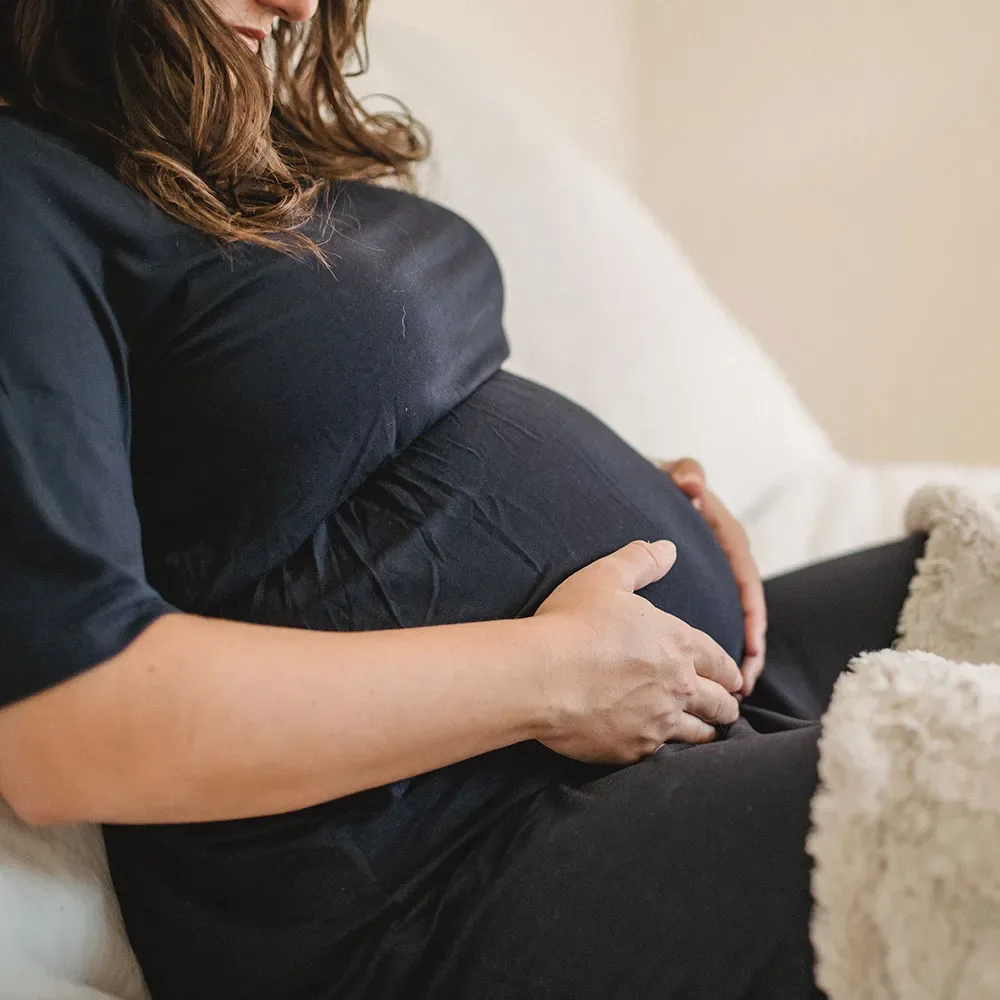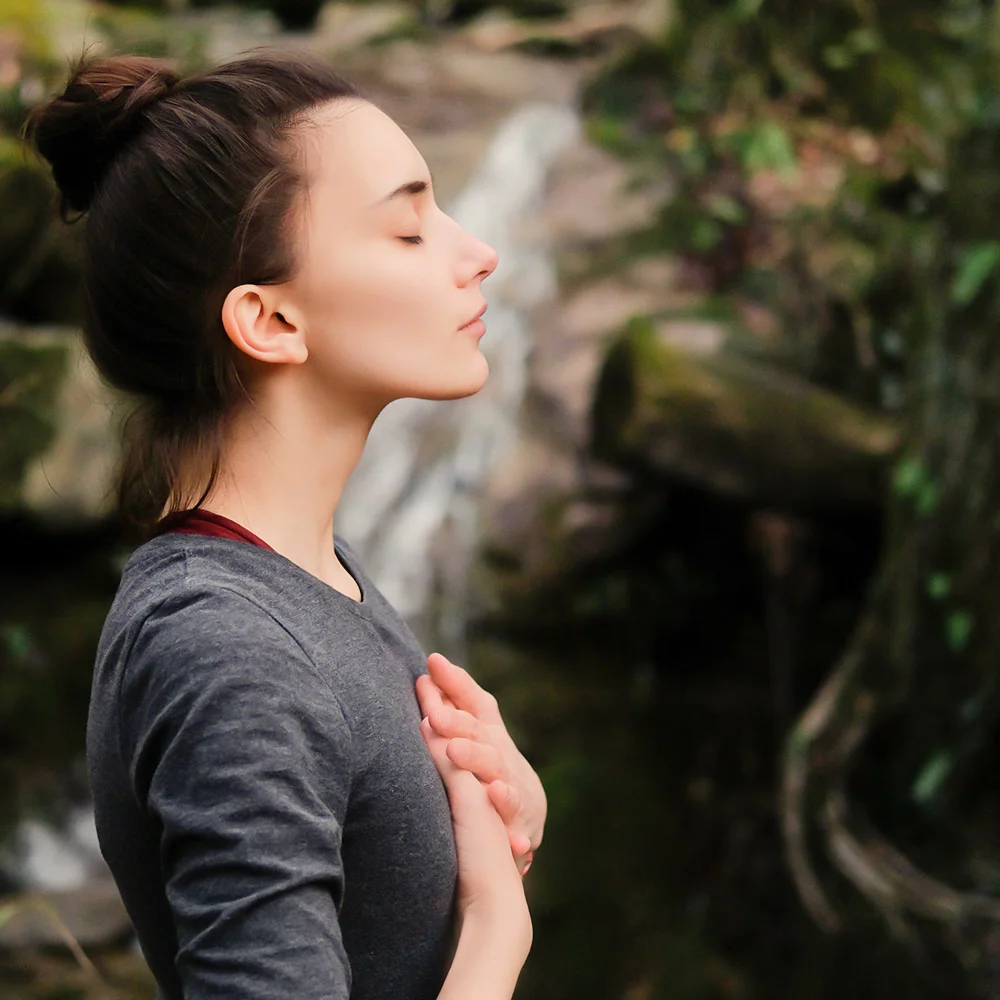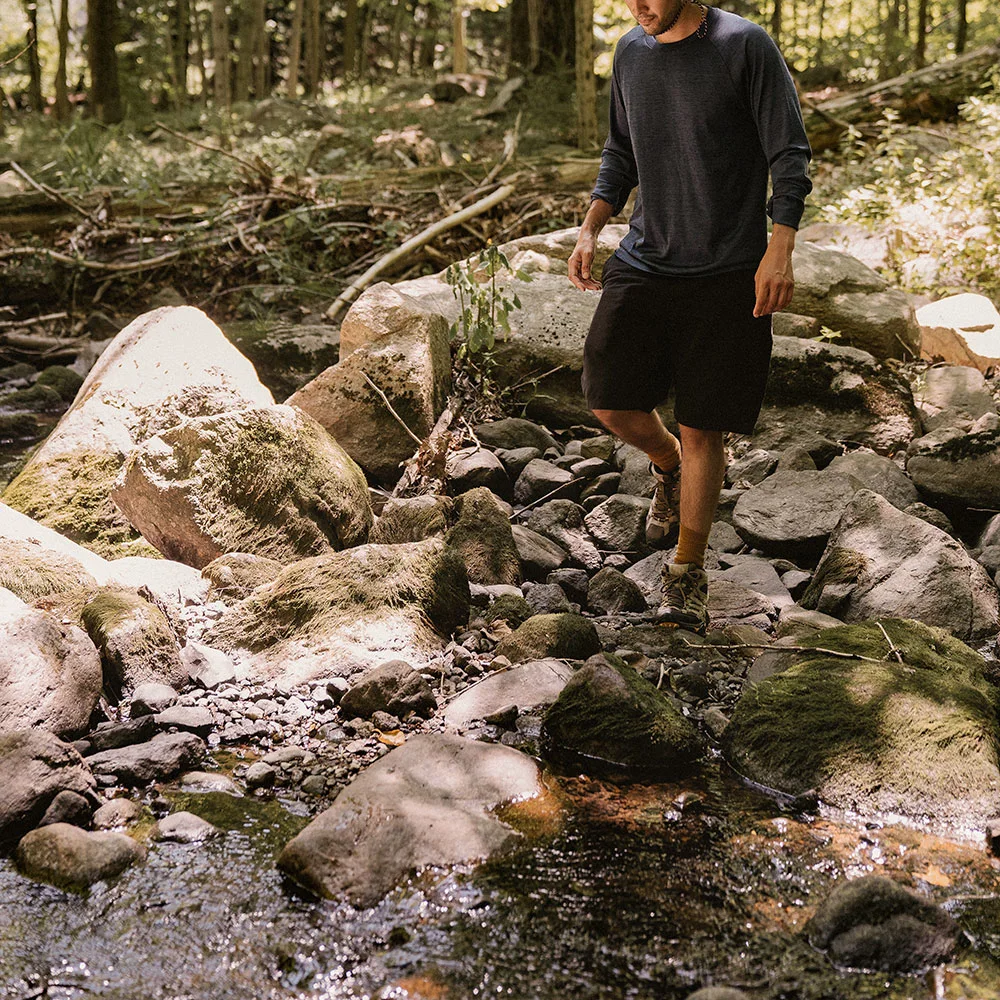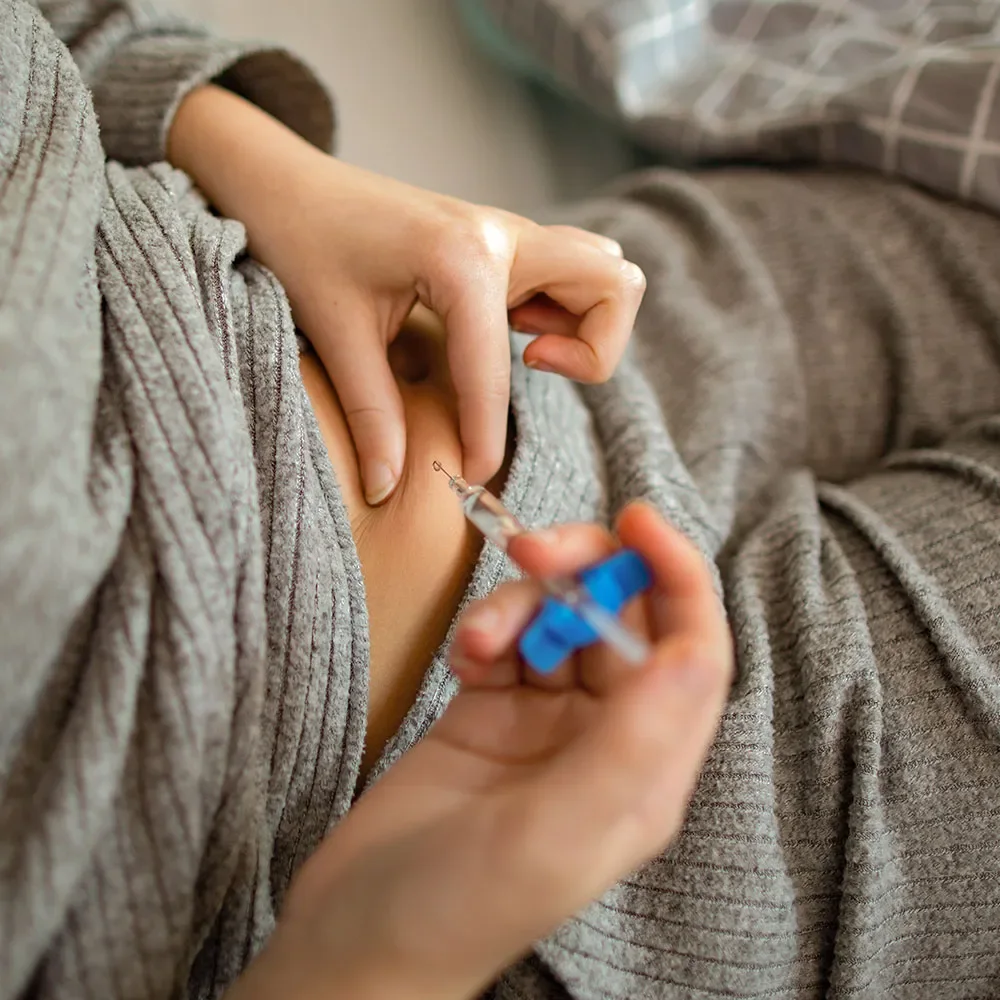Here's what we'll cover
Here's what we'll cover
Here's what we'll cover
Getting adequate, restful sleep is vital to every aspect of your health and wellness. And, maybe you’ve found this article because you’ve decided that it’s finally time to take action and learn what you can do to get better sleep.
Surveys estimate that more than half (56%) of Americans have sleep problems (Léger, 2008). According to survey data, almost half of individuals who reported having sleep problems have never taken steps to fix them. Insomnia (trouble falling asleep or staying asleep) is the most common sleep problem, according to family physicians (Burman, 2017).
Sleep hygiene
In many cases, mild insomnia may be corrected naturally, without any medicines or herbs. For example, you can improve your sleep hygiene, a set of recommendations intended to promote healthy sleep. Sticking to a healthy sleep hygiene routine is a major factor that determines your sleep quality. Healthy sleep tips include (Irish, 2015):
Limiting daytime naps to 30 minutes or less
Regular exercisee may improve sleep
Avoiding caffeine and other stimulants before bedtime
Passing on alcohol, even small amounts, shortly before bedtime
Maintaining a regular sleep pattern with consistent bedtimes and wake-up times, even on weekends
Engaging in relaxing activities right before bedtime
Minimizing the use of electronic devices in the evening to avoid the stimulating effects of blue light (Zhao, 2018)
Natural sleep aid options
If you’re interested in trying a natural sleep aid, many herbal remedies are available that claim to help improve sleep. Most natural sleep aids are considered safe, with some exceptions, but only a few have clinical evidence that shows they’re effective. Still, many people feel that certain dietary supplements can provide a calming effect that helps cause drowsiness. Some examples of substances marketed as natural sleep aids include the following herbs or blends of herbs (Babson, 2017; Leach, 2015):
Amino acids
Cannabidiol (CBD)
Chamomile or chamomile tea
Kava
Lavender
L-tryptophan
Magnesium
Melatonin
Passionflower
Valerian or valerian root
Wuling
However, there’s not much research showing that any of these natural remedies are actually effective. The Food and Drug Administration (FDA) does not require extensive testing for over-the-counter herbal dietary supplements. A scientific meta-analysis looked at 14 randomized clinical trials of 1,602 patients with insomnia (Leach, 2015). The analysis revealed no significant difference between herbal medicine and placebo (a “sugar” pill containing no active ingredients).
Out of the above-listed herbs, the two natural sleep aids with the most clinical evidence to support their effectiveness are melatonin and valerian.
Melatonin
Melatonin is a hormone naturally produced by the pineal gland in your brain (Savage, 2020). It acts as a chemical messenger that signals your body when it’s time to sleep. Melatonin also comes as a dietary supplement. The FDA does not regulate melatonin as a drug, and you can purchase the supplement in any dose without a prescription.
There’s no standard approved dosage for melatonin, but the usual dosage ranges from 0.1 mg to 10 mg and may be taken up to two hours before bedtime (Savage, 2020). It’s generally recommended to start with a lower dose, like 0.3 mg, especially if you’re older. A 0.3 mg supplement dose closely resembles the level of your body’s natural melatonin production. Some research in animals suggests that high-dose melatonin could desensitize brain melatonin receptors, changing normal day/night melatonin rhythms (Gerdin, 2004).
When 0.3 to 0.5 mg supplements are unavailable, cutting 1.0 mg pills in half could be an option (Vural, 2014).
Is there any proof that melatonin supplements work for insomnia?
An analysis of 19 clinical studies involving more than 1,600 adults and children with sleep disorders showed that melatonin slightly reduces the time it takes to fall asleep by about 7 minutes, increases total sleep time by about 8 minutes, and increases overall sleep quality (Ferracioli-Oda, 2013). Melatonin also seems to help with short-term insomnia due to jet lag.
Based on additional studies, melatonin may be more beneficial in older adults 55+ (Wade, 2011). There’s also some evidence that bedtime melatonin supplementation could help children with certain medical conditions that affect sleep. These conditions include developmental disorders, autism spectrum disorder, attention deficit hyperactivity disorder (ADHD), or intellectual disabilities (Bruni, 2014).
However, the American Academy of Sleep Medicine does not recommend melatonin to treat insomnia (trouble falling asleep or staying asleep). This is because, overall, the available evidence for melatonin’s effectiveness is weak (Cohen, 2008).
Are there any risks with melatonin?
Melatonin supplements are generally recognized as safe for adults and children. They cause few side effects and aren’t addicting (Costello, 2014). Some mild side effects can include headaches, feeling cold, mood changes, reduced appetite, and dizziness (van Geijlswijk, 2010).
Some people find that taking melatonin is helpful for their insomnia, but there’s a lack of strong scientific evidence to support its use. If you have questions about taking melatonin, consider consulting your healthcare provider or pharmacist.
Valerian
Valerian is an herbal supplement made from the plant Valeriana officinalis. It has been used as a medicine for centuries, dating back to ancient Greece and Rome. An extract is taken from the plant’s roots, or whole valerian root may be used to make valerian teas and supplements. Scientists think valerian works by affecting two neurotransmitters (chemical messengers) that work in our brain: gamma-aminobutyric acid (GABA) and serotonin. They're involved in regulating our mood and sleep patterns (Shinjyo, 2020; NIH, 2013).
Is there any proof that valerian supplements work for insomnia?
A single dose of valerian doesn’t seem to be effective as a sleep aid. But, some research shows that taking valerian daily slightly improves sleep quality after 4–8 weeks of use (Shinjyo, 2020). While valerian may help improve sleep quality, it doesn’t seem to help reduce the amount of time it takes to fall asleep (Fernández-San-Martín, 2010).
Overall, valerian isn’t considered a good choice to help relieve occasional insomnia.
Are there any risks with valerian?
In clinical studies, people taking valerian didn’t report any major side effects. The most common side effects were stomach upset and dizziness. However, there have been reports of serious side effects with valerian, such as liver damage (Cohen, 2008). The American Academy of Sleep Medicine does not recommend valerian as a treatment for insomnia. Their guidelines state that the benefits of valerian do not outweigh its risks (Sateia, 2017).
When to seek medical help
So what should you do if you're using good sleep habits and natural sleep aids but still have trouble sleeping? First, it may be time to seek medical advice from your healthcare provider. They can help you identify any underlying medical conditions that could be contributing to your sleep problems.
It is always important to let your healthcare provider know about any over-the-counter supplements you might take, including sleep aids like melatonin and valerian. This is especially important if you take prescription medicines since it can increase your risk for side effects and adverse interactions.
DISCLAIMER
If you have any medical questions or concerns, please talk to your healthcare provider. The articles on Health Guide are underpinned by peer-reviewed research and information drawn from medical societies and governmental agencies. However, they are not a substitute for professional medical advice, diagnosis, or treatment.
References
Babson, K. A., Sottile, J., & Morabito, D. (2017). Cannabis, cannabinoids, and sleep: a review of the literature. Current Psychiatry reports , 19 (4), 23. doi: 10.1007/s11920-017-0775-9. Retrieved from https://pubmed.ncbi.nlm.nih.gov/28349316/
Bruni, O., Alonso-Alconada, D., Besag, F., Biran, V., Braam, W., Cortese, S., et al. (2015). Current role of melatonin in pediatric neurology: clinical recommendations. European Journal of Paediatric Neurology, 19 (2), 122–133. doi: 10.1016/j.ejpn.2014.12.007. Retrieved from https://pubmed.ncbi.nlm.nih.gov/25553845/
Burman D. (2017). Sleep disorders: insomnia. FP Essentials, 460 , 22–28. Retrieved from https://pubmed.ncbi.nlm.nih.gov/28845958/
Cohen, D. L., & Del Toro, Y. (2008). A case of valerian-associated hepatotoxicity. Journal of Clinical Gastroenterology , 42 (8), 961–962. doi: 10.1097/MCG.0b013e3180500348. Retrieved from https://journals.lww.com/jcge/Citation/2008/09000/A_Case_of_Valerian_associated_Hepatotoxicity.19.aspx
Costello, R. B., Lentino, C. V., Boyd, C. C., O'Connell, M. L., Crawford, C. C., Sprengel, M. L., & Deuster, P. A. (2014). The effectiveness of melatonin for promoting healthy sleep: a rapid evidence assessment of the literature. Nutrition Journal , 13 , 106. doi: 10.1186/1475-2891-13-106. Retrieved from https://www.ncbi.nlm.nih.gov/pmc/articles/PMC4273450/
Fernández-San-Martín, M. I., Masa-Font, R., Palacios-Soler, L., Sancho-Gómez, P., Calbó-Caldentey, C., & Flores-Mateo, G. (2010). Effectiveness of Valerian on insomnia: a meta-analysis of randomized placebo-controlled trials. Sleep Medicine , 11 (6), 505–511. doi: 10.1016/j.sleep.2009.12.009. Retrieved from https://pubmed.ncbi.nlm.nih.gov/20347389/
Ferracioli-Oda, E., Qawasmi, A., & Bloch, M. H. (2013). Meta-analysis: melatonin for the treatment of primary sleep disorders. PloS One , 8 (5), e63773. doi: 10.1371/journal.pone.0063773. Retrieved from https://www.ncbi.nlm.nih.gov/pmc/articles/PMC3656905/


